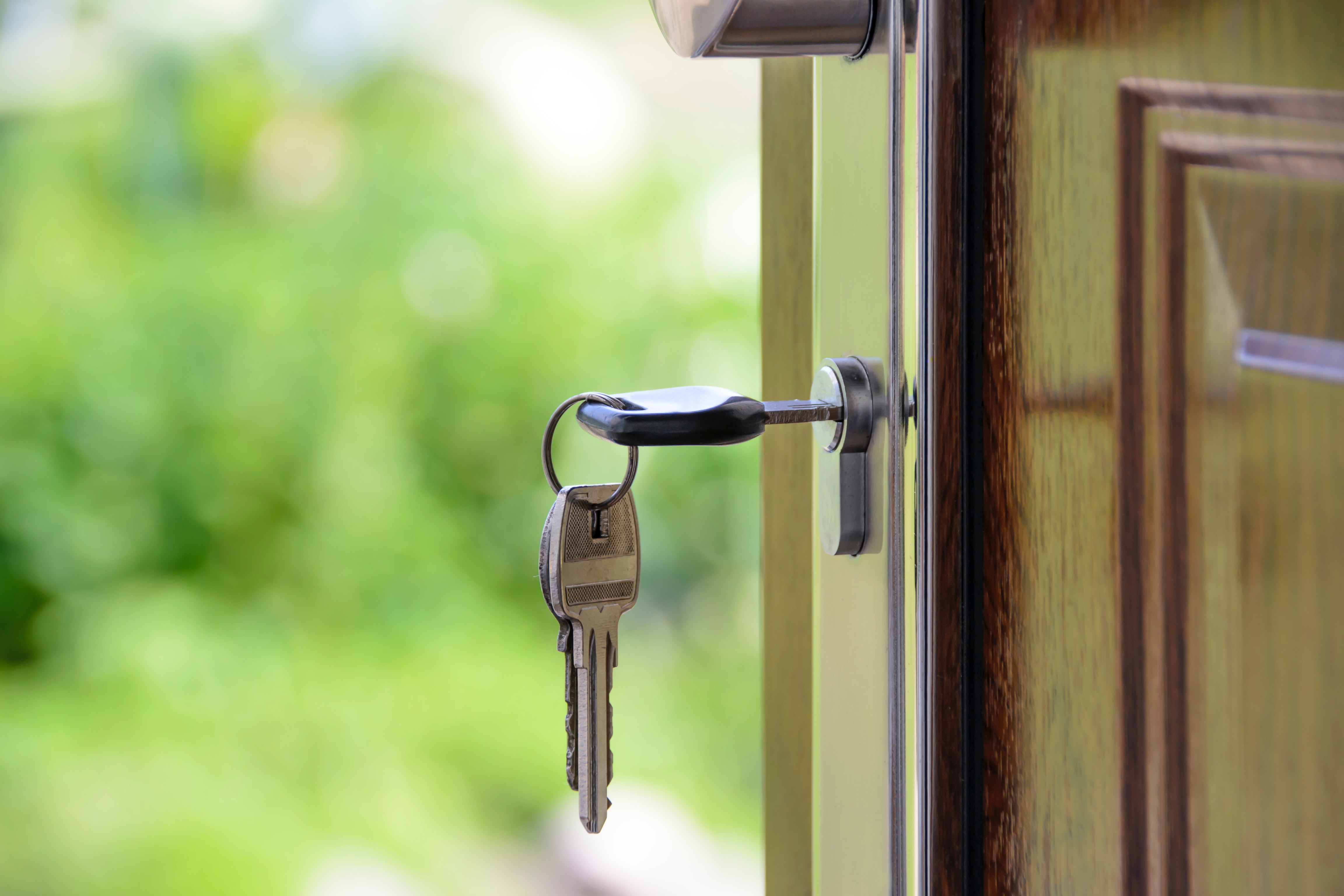Choosing between renting and buying a home is a major decision. Perhaps you've moved to a new city, or you're ready to leave your rented apartment and move into your own home. Whatever your motivations are, evaluate how renting vs. owning might affect your life in the present and future.
Owning

There are both practical and intangible advantages to owning a home. You receive a sense of security and pride of ownership in addition to having your own house and being able to make decisions about the look and design of the place.
Pros of buying
1. Increasing your net worth
You gain equity when you make payments on your loan and/or as the value of your house rises. The longer you hold your property, the more equity you'll have and the more money you'll be able to sell it for.
2. Do whatever you want
You may paint, remodel, and modify the space to your taste without having to follow a landlord when you own a property. Furthermore, if you don't want to correct minor damages, you may not have to pay for them.
3. Reducing your tax burden is a possibility
Tax incentives, which are reductions in your federal or state taxes, are available to some homeowners. You may also be eligible to deduct the interest you pay on your mortgage from your taxable income.
Cons of buying
1. If home values fall, you may lose money
Factors beyond your control, such as a shift in the economy, might lower the value of your property. There's no assurance that your house worth will improve as much as you expect by the time you move, which could have an impact on your finances afterward.
2. Additional costs
The obligation of home maintenance comes with homeownership. When you rent, your landlord is responsible for home repairs. You are accountable for the time and money spent on maintenance once you have purchased a home.
Renting

When you rent, you know precisely how much your monthly rent will be. You may experience rent increases each time your lease is up for renewal as a tenant.
Pros of renting
1. Not responsible for maintenance, repairs
If something breaks in your rented house, it's usually the landlord's responsibility to fix it, not yours.
2. Services are close by
Rental properties are much more likely to be found near cities, and they may be close to supermarkets, cafes, and other attractions. You may also be able to take public transit to get to work or school, perhaps saving money on transportation.
Cons of renting
1. You may have to relocate eventually
If your landlord decides to sell the property or convert your apartment complex into condos, you may be forced to relocate quickly.
2. What you get is what you get
In most cases, you won't be able to customize a rented house to meet your demands.

Before coming up with a decision you must ask yourself a couple of questions first.
Am I actually in a position to purchase?
If you overspend, you may find yourself unable to deal with a financial emergency or save for other important goals such as retirement. Consider your income, down payment, credit score, and other debts.
How long am I planning to stay?
If you plan to stay for less than three years, buying is probably not a good investment.
Would I still want to buy if the value of your property didn't increase?
Although property values have traditionally increased over time, there is no assurance that they will do so in any given time frame or in any specific neighborhood. Although no one can forecast the future, you can make educated assumptions about whether you're buying a house in a market that will continue to appreciate in value.
There is no clear answer to whether renting or buying a property is preferable. Which choice you choose is entirely dependent on your lifestyle and financial circumstances. Both offer significant benefits and drawbacks that should be examined before making a decision.





